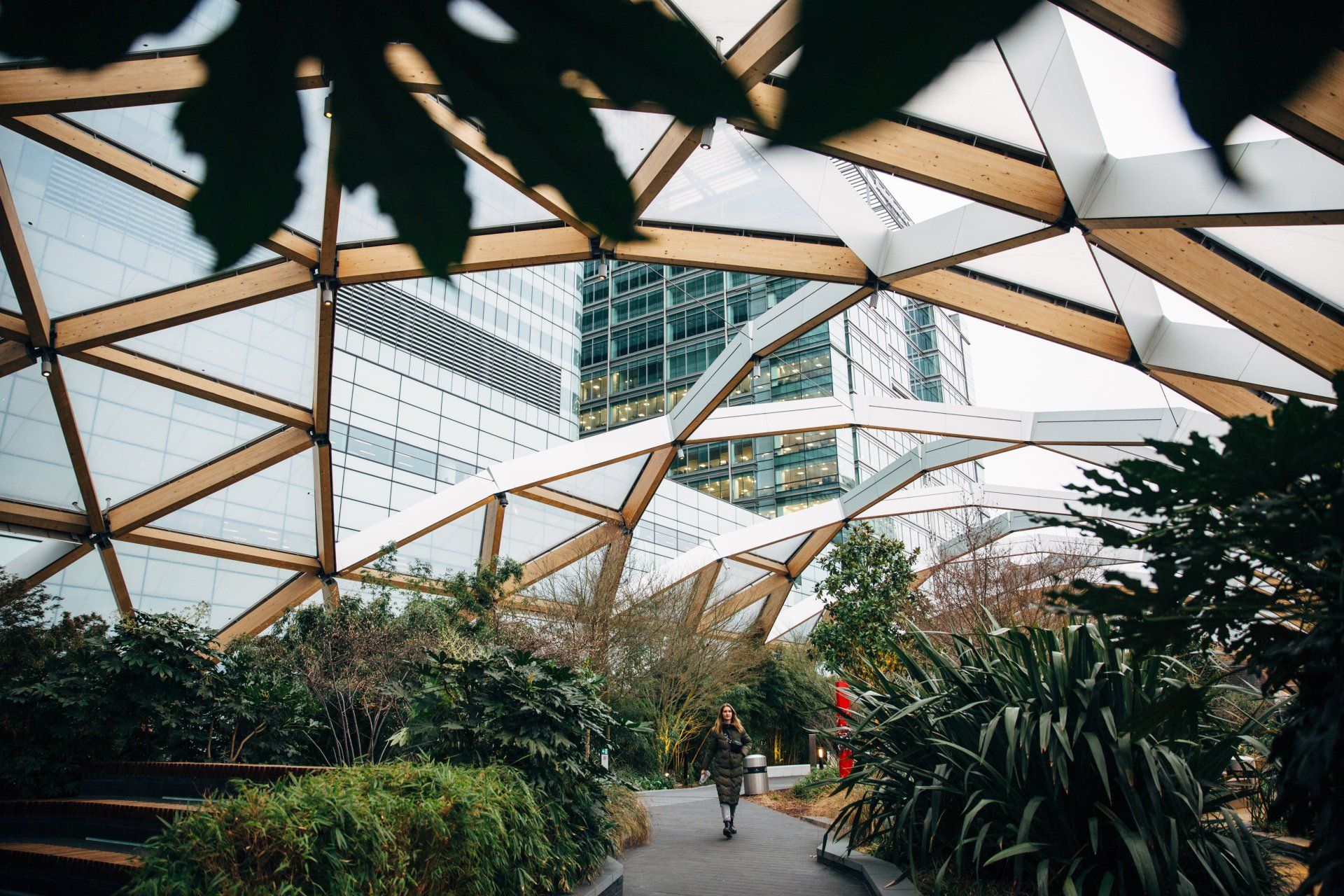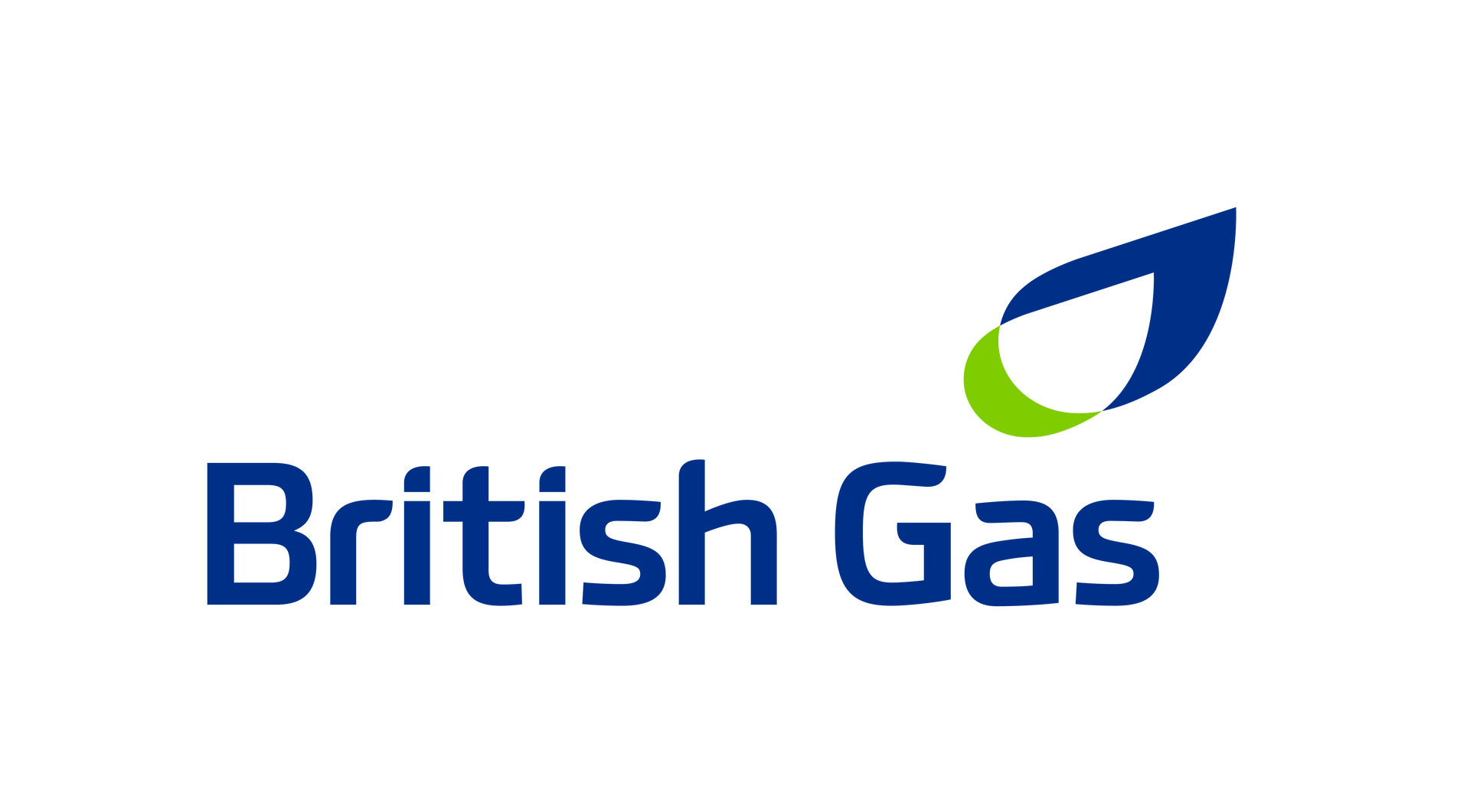According to a new survey by professional services company GHD almost 46% of Brits would ‘definitely buy’ or ‘seriously consider’ buying an electric vehicle (EV) in the next five years.
Concerns over barriers to purchase
The data also suggests that this figure increases to 66% when taking into account those who would seriously consider buying an EV, but at the moment believe there are too many barriers to purchase.
UK has second-lowest confidence in charging infrastructure
The survey, which was conducted among more than 8,000 consumers in Australia, Canada, New Zealand, Singapore, the UK and the US, showed that the UK has the second-lowest level of drivers’ confidence in relying on local charging infrastructure. With almost 47% saying they were not confident they would have access to reliable charging infrastructure locally.
Dr David Maunder, Technical Leader – Future Energy at GHD, said: “It is clear that we are entering the era of the EV, with our survey showing strong demand among UK consumers.”
British Gas Business
With the public expressing concerns around the availability of local charging infrastructure now is the perfect time to invest in EV charge points. Allowing your business to address the increasing demand from customers and employees for onsite charging. Find out how we can support you on your EV journey below.




